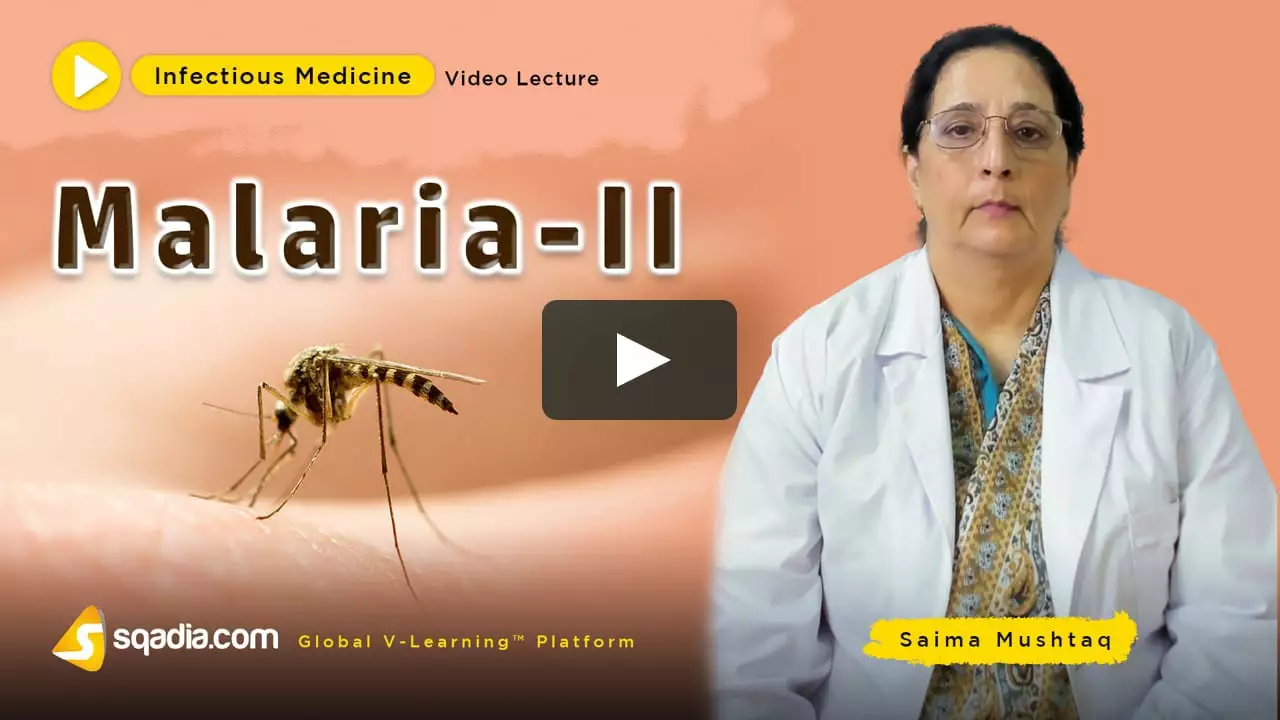As a blogger, I recently came across the topic of Primaquine and its potential impact on global health. Primaquine is an antimalarial drug that has been around since the 1950s, and it's showing promising results in combating malaria, a disease that still affects millions worldwide. The drug not only treats the symptoms but also targets the dormant liver stages of the malaria parasite, preventing future relapses. Its potential impact on global health is significant, as it could ultimately save countless lives by reducing the prevalence of malaria. I believe it's crucial that we continue researching and promoting the usage of Primaquine to combat this deadly disease.
Malaria treatment: clear steps to get the right care fast
If you or someone you know has fever after travel to a malaria area, treat it like an emergency. Malaria can get severe quickly. This page explains how malaria is diagnosed, the usual treatments, prevention for travelers, and special situations like relapsing infections or pregnancy — all in plain language you can use when talking to your doctor.
How malaria is diagnosed and why that matters
Doctors confirm malaria with a blood test. That can be a rapid diagnostic test (RDT) or a blood smear under a microscope. The test shows whether you have Plasmodium falciparum (most dangerous) or other species like P. vivax. Knowing the species and where you were infected helps choose the right drug. Don’t assume every fever is malaria — but if you’ve been in an at-risk area, get tested fast.
For severe illness — high fever, confusion, difficulty breathing, low blood pressure — hospital care is needed immediately. Intravenous (IV) artesunate is the standard for severe falciparum malaria. After the IV treatment, doctors switch to an oral course to finish the job.
First-line treatments and special cases
Uncomplicated falciparum malaria is usually treated with an artemisinin-based combination therapy (ACT). Common ACTs include artemether-lumefantrine (Coartem) and dihydroartemisinin–piperaquine. Take the full course exactly as prescribed — stopping early raises the risk of treatment failure and resistance.
P. vivax and P. ovale can hide in the liver and cause relapses. After the blood infection is treated (often chloroquine where the parasite is sensitive), doctors give primaquine or tafenoquine to clear liver forms. Important: you must test for G6PD deficiency before giving these drugs. If someone has G6PD deficiency, primaquine or tafenoquine can cause serious hemolysis (red blood cell breakdown).
Drug resistance matters. Parts of Southeast Asia have parasites less sensitive to artemisinins, so doctors may use different ACTs or monitor patients more closely. Always tell clinicians where you traveled.
Pregnancy and young children need special care. Some drugs are unsafe in early pregnancy (like doxycycline and primaquine). Pregnant women with malaria need prompt treatment with drugs considered safe for pregnancy — your doctor or specialist will pick the right one.
For prevention during travel, common options are atovaquone‑proguanil (daily), doxycycline (daily), and mefloquine (weekly). Choice depends on destination, side effects, pregnancy status, and drug resistance. Start and stop the medicine on the schedule your clinician recommends.
Final practical tips: always complete the full drug course, keep travel history handy for any fever, ask about G6PD testing if relapsing malaria is possible, and seek urgent care for severe symptoms. If you’re planning travel, talk to a travel clinic — they’ll match prevention to your route and health profile.

